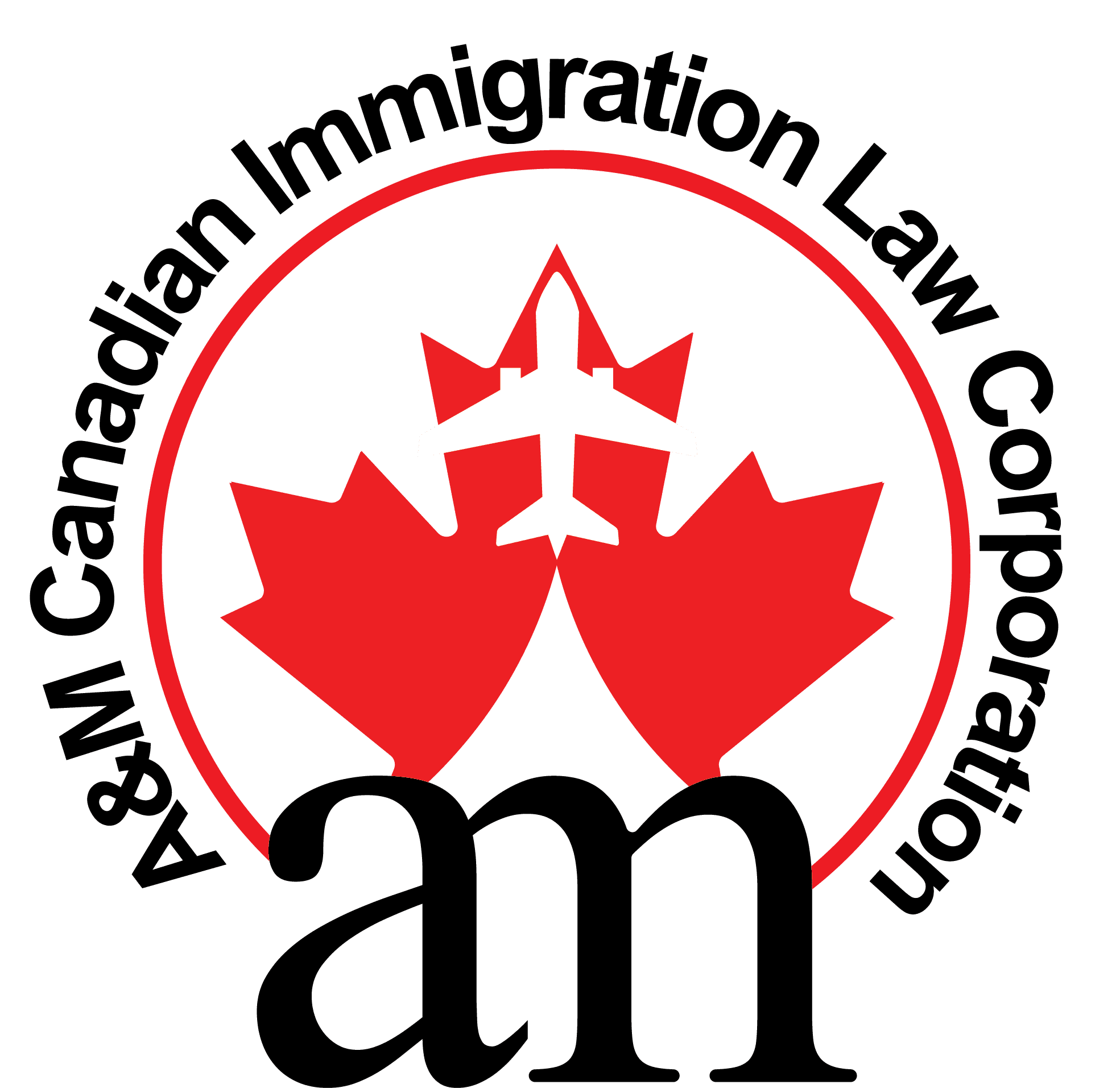Sponsoring Your US Citizen Spouse for Canadian Permanent Residence
A&M Canadian Immigration Law Corporation
Sponsoring Your US Citizen Spouse for Canadian Permanent Residence
If you’re a Canadian citizen married to or in a common-law partnership with a U.S. citizen, you can sponsor them for Canadian permanent residence through Family Class (Spouse Outside Canada) or the Spouse or Common-Law Partner in Canada class (Spouse inside Canada). This guide explains eligibility, the process, and strategic choices (inland vs. outland) with references to IRCC’s internal Operational Instructions and Guidelines.
Sponsor | Applicant |
Canadian Citizen/ Canadian Permanent Resident | US Citizen / Resident |
All Information is sourced from IRCC
Who’s Eligible
Sponsor (Canadian citizen)
- Age & status: Must be 18+ and a Canadian citizen (or PR/Status Indian; this page focuses on citizens).
- If living outside Canada: Canadian citizens residing abroad may sponsor a spouse/common-law or conjugal partner if they prove they’ll return to Canada to live together once PR is approved.
- Financial bars: No minimum income for sponsoring a spouse/partner (unless dependent children have dependent children), but sponsors must not be on social assistance for reasons other than disability and must sign the sponsorship undertaking. Government of Canada+1
Applicant (U.S. citizen spouse/partner)
- Must qualify as a spouse, common-law partner, or conjugal partner and not fall under excluded relationships (e.g., relationships of convenience, bigamy/polygamy, under 18).
- Must meet admissibility requirements (criminality, security, medical).
Inland vs. Outland (Which stream is best?)
Inland (SCLPC)
- For couples living together in Canada.
- The American applicant generally must have valid temporary resident status on the date of application and decision (this requirement can be waived under the spousal public policy for certain out-of-status cases).
- Open Work Permit (OWP): SCLPC applicants may be eligible for an open work permit if they (1) applied under SCLPC, (2) cohabit with the sponsor, and (3) hold valid temporary status (out-of-status cases under the public policy typically wait until approval in principle).
Outland (Family Class)
- For applicants outside Canada (or inside but choosing outland).
- After sponsor approval, files are processed at a centralized CPC or the appropriate visa office, with CPC-Mississauga (CPC-M) triaging cases to streamline non-complex spousal applications.
What IRCC Looks For (Relationship & Eligibility)
- Genuineness & legality: IRCC assesses whether the marriage/partnership is legally valid and not entered primarily to gain status; relationships of convenience are refused.
- Excluded scenarios: Under-18 spouses; bigamy/polygamy; previously unexamined dependants (with limited public-policy exemptions).
Step-by-Step: How the Process Works
- Prepare a complete package (sponsorship + PR forms, fees, police certificates, etc.). The application exists once required forms and fees are received by the Case Processing Centre or submitted online.
- Sponsor assessment at CPC-M: IRCC decides sponsor eligibility. If eligible—or if ineligible but the sponsor chooses to proceed—IRCC forwards the PR application to the processing office.
- PR eligibility & admissibility: Officers verify identity, relationship, and that no inadmissibility applies; interviews are used only when essential.
- Final decision & landing: When all requirements are met, IRCC issues COPR (and visas if required). Inland SCLPC cases finalize at a local IRCC office; outland cases finalize through the visa office/COPR issuance.
Tip: Processing times change. Always check IRCC’s current processing times tool linked from the Family Class program delivery pages.
Documents & Evidence That Matter
- Identity & relationship: passports, marriage certificate, proof of cohabitation/common-law, shared finances, correspondence, travel records. Officers weigh overall consistency & credibility; DNA is a last-resort tool for certain family proofs.
- Police certificates & medicals: required for applicants and applicable dependants; inadmissibility rules apply.
- Changes in circumstances: Notify IRCC if you add a family member (e.g., newborn) or your situation changes; reassessment rules apply.
Where Applications Are Processed
- CPC-Mississauga (CPC-M) triages and may fully process non-complex spouse/common-law cases in Canada; others go to the appropriate visa office. Inland SCLPC sponsor + PR applications are assessed at CPC-M, with local office involvement where interviews or complex issues arise. Government of Canada
Common Reasons for Refusal (and How to Avoid Them)
- Relationship of convenience (not genuine).
- Inadmissibility (criminality/security/medical) or ineligible dependants.
- Missing forms/fees—incomplete applications can be returned or refused.
How We Help
We build a proof-rich, officer-ready file, clear relationship narrative, cross-referenced evidence, correct class selection (inland vs. outland), and proactive issue spotting (e.g., prior marriages, prior immigration history, status gaps, or travel). We also support spousal OWP strategy for eligible SCLPC cases.
Frequently Asked Questions
Yes. Canadian citizens residing abroad can sponsor a spouse/partner if they will return to Canada to live together once PR is approved. PRs cannot sponsor from outside Canada.
Generally no for spouse/partner cases (unless dependent children have dependent children), but sponsors must not be on social assistance for reasons other than disability and must commit to the undertaking.
If you file inland (SCLPC) and your spouse has valid temporary status, they may qualify for an open work permit tied to the sponsorship. Out-of-status cases under the public policy typically wait for approval-in-principle before being eligible.
CPC-Mississauga (CPC-M) triages non-complex spousal files and can finalize some cases; others go to a visa office or local IRCC office if interviews/complexities arise.
You can add new family members; IRCC will reassess eligibility and collect required fees and exams.






